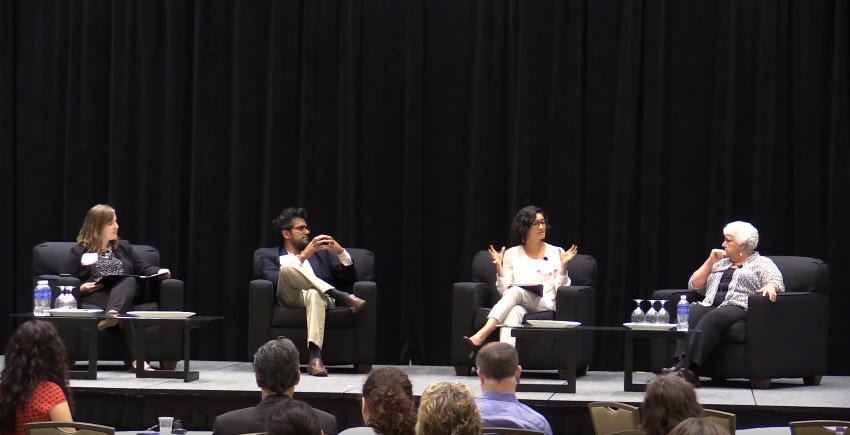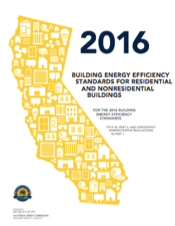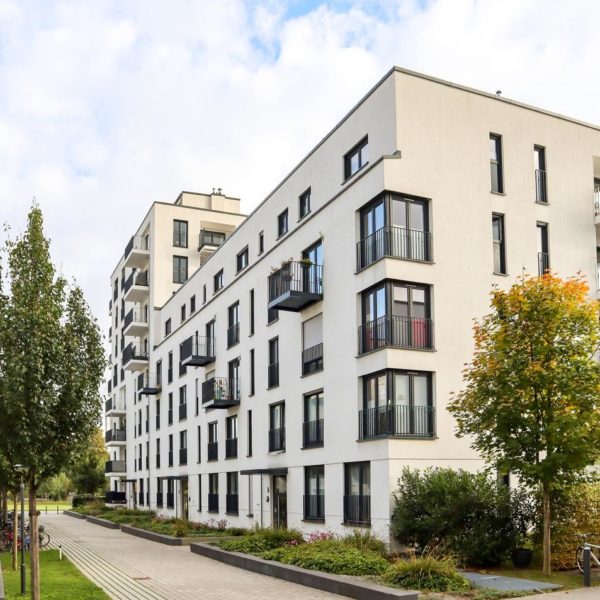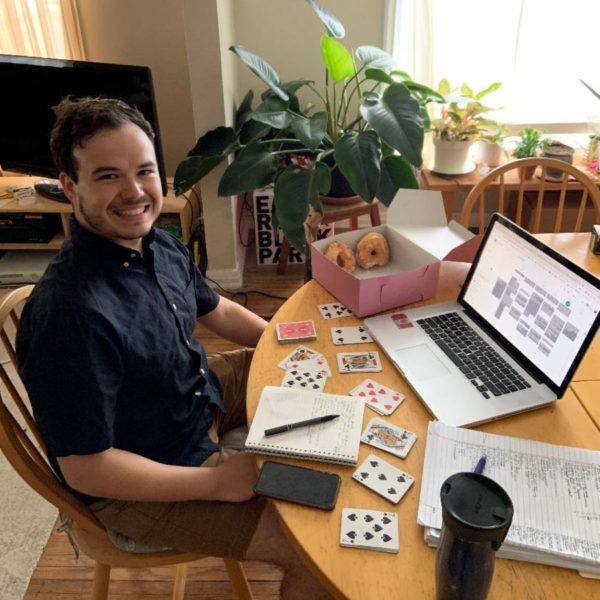CURRENTS Summer 2016
Energy Efficiency and Equity and Environmental Justice: Lessons and Best Practices from Key EJ Leaders
by Jordan Decker, Local Government Commission
 Targeting energy savings in low-income and environmental justice communities is a boon for cities and counties in California; climate and energy investments in overburdened communities can improve air quality, support local economic development, and put dollars back in the pockets of those that need to avoid wasted disposable income the most. In this way, investing in energy improvements in environmental justice communities is one of the best examples of the “triple bottom line” – supporting the human, the economic and the environmental needs of a community.
Targeting energy savings in low-income and environmental justice communities is a boon for cities and counties in California; climate and energy investments in overburdened communities can improve air quality, support local economic development, and put dollars back in the pockets of those that need to avoid wasted disposable income the most. In this way, investing in energy improvements in environmental justice communities is one of the best examples of the “triple bottom line” – supporting the human, the economic and the environmental needs of a community.
Case studies from San Diego County, Santa Monica, Sacramento County and Berkeley: How to best use innovative technologies to head towards Zero Net Energy
Local governments across California are exploring how they can lead the movement to zero net energy. At this year’s SEEC Forum, we asked California’s cities and counties to share with us how they are using innovative technologies to find deep energy savings in their buildings – and it turned out speakers were all using technology and design to push toward a zero net energy goal. We learned about a range of approaches across new construction and existing buildings, highly automated and controlled buildings and buildings where the architectural design is used to drive energy savings.
Energy Efficiency 101: Resources to Get Started
by Jordan Decker, Local Government Commission
At LGC, and through the Statewide Energy Efficiency Collaborative (SEEC), we hear from energy and sustainability leads in local governments far and wide that one of the most critical pieces of a successful, goal-achieving, cost-effective energy project is an energy champion. Having a champion on the inside of government that is well-informed of the many benefits of acting on energy efficiency and sustainability – and that knows the resources a local government can leverage (funding, state policies and requirements, technical assistance) – can be the person that helps unstop a project that has encountered an unsure supervisor, a confusing next step or a need for external funding.
New Resources for the New Energy Code
by Jordan Decker, Local Government Commission
 As of July 1, California’s new energy code – the 2016 Building Energy Efficiency Standards (Title 24, Part 6) – is officially open for adoption by local governments across the state. Last quarter we shared some statistics from the energy code press release, and some high level information on what to expect. Thanks to resources like Energy Code Ace, resources from the California Energy Commission (CEC), and the Bay Area Regional Energy Network, here are some additional highlights:
As of July 1, California’s new energy code – the 2016 Building Energy Efficiency Standards (Title 24, Part 6) – is officially open for adoption by local governments across the state. Last quarter we shared some statistics from the energy code press release, and some high level information on what to expect. Thanks to resources like Energy Code Ace, resources from the California Energy Commission (CEC), and the Bay Area Regional Energy Network, here are some additional highlights:
An innovative approach to residential energy savings from WattzOn and the El Monte Promise Foundation
by Martha Amram, Executive Director, WattzOn
Last week WattzOn (based in Mountain View, CA) and the El Monte Promise Foundation were featured at the Clinton Global Initiative for their program “Transforming Energy Savings into College Savings.” WattzOn provides software tools for data-driven community energy savings. The Promise Foundation provides college-saving account matches for K – 12 students in El Monte, CA.
“Green” or High-Performance Leases Offer a Solution to the Split Incentive Energy Challenge of Leased Buildings
by Jordan Decker, Local Government Commission
Most traditional building leases charge for energy using a standard rate (for example, a per square foot rate) and break the connection between the cost of a tenant’s energy bill and the amount of energy a tenant consumes. This not only takes away the direct cost-saving financial incentive an energy user typically has to save energy – it also reduces the building owner’s incentive to make energy-saving improvements to the building.
Video: the Cities of Oakland and Richmond on bringing the message of COP21 back to their communities
Hear from the Cities of Oakland and Richmond on their experience visiting Paris during the COP21 Climate Conference in December 2015, specific examples on their leadership on energy and climate in their communities, and advice for local governments looking to get started.
Reminder: Get Involved in the CA Energy Efficiency Coordinating Committee
Interested in how energy efficiency funding and programs will be offered in the coming years? The California Energy Efficiency Coordinating Committee is a new entity put in place by a CPUC Decision last year to help the public and key stakeholders engage with the Program Administrators of energy efficiency ratepayer dollars: the state’s four investor-owned utilities (PG&E, SCE, SoCal Gas and SDG&E), the two Regional Energy Networks (SoCal REN and BayREN), and MCE.
Energy Efficiency, Renewables, and Zero Net Energy Lessons from Germany
by Kate Meis (and Jordan Decker), Local Government Commission
Looking internationally, Germany is a well-recognized leader in forward-thinking energy policies and clean energy. Germany tripled its renewable energy supply in one decade, and committed to switching off its 17 nuclear plants by 2022 following the Fukushima Daiichi meltdown in 2011 (to date, 9 are off). LGC’s Executive Director Kate Meis was selected to travel to Germany through the Ecologic Institute’s POCACITO program to explore first hand how German cities are transitioning to become post-carbon cities. Below, Meis shares some findings – and lessons we can learn from Germany’s experience.
Local Government Commission Newsletters
Livable Places Update
CURRENTS Newsletter
CivicSpark™ Newsletter
LGC Newsletters
Keep up to date with LGC’s newsletters!
Livable Places Update – April
April’s article: Microtransit: Right-Sizing Transportation to Improve Community Mobility
Currents: Spring 2019
Currents provides readers with current information on energy issues affecting local governments in California.
CivicSpark Newsletter – March
This monthly CivicSpark newsletter features updates on CivicSpark projects and highlights.



